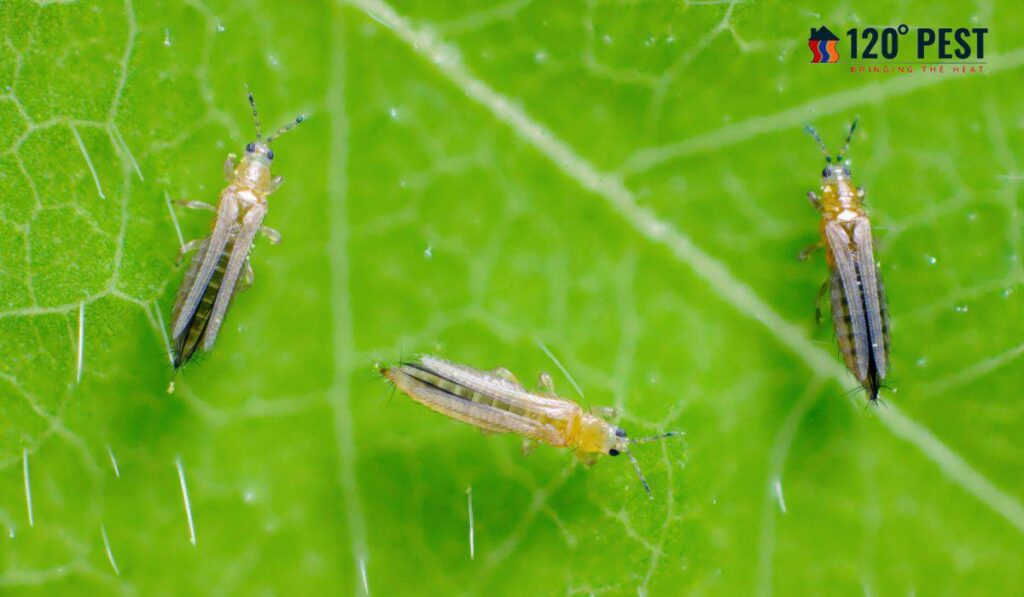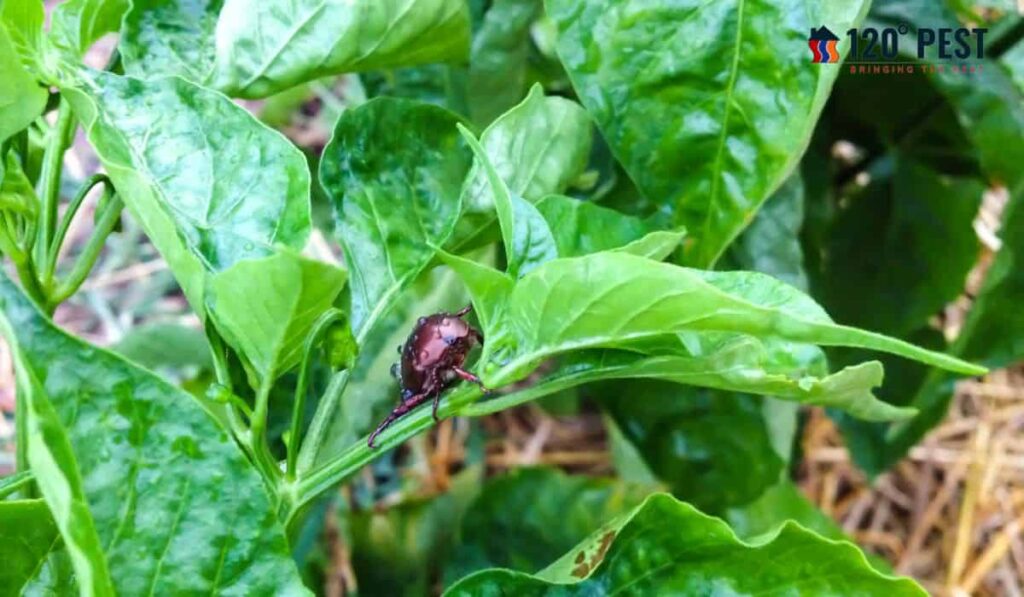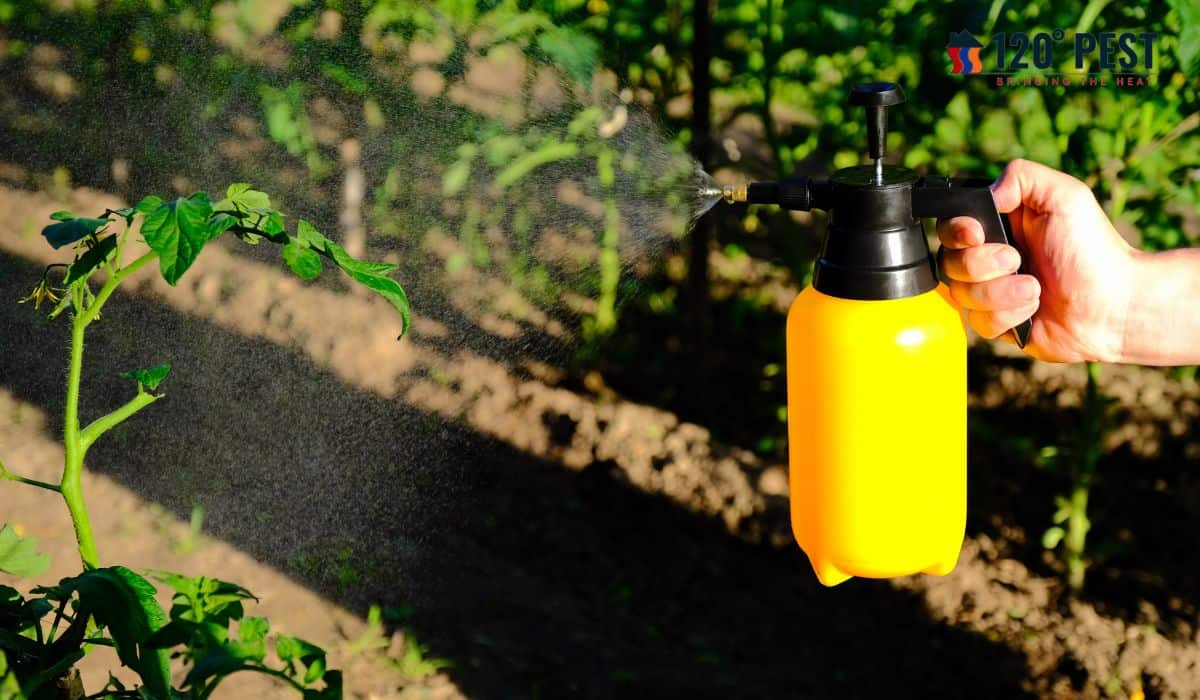Maintaining a thriving garden requires a delicate balance between lush greenery and the persistent challenges posed by pests.
While pests can wreak havoc on your beloved plants, the solution doesn’t always have to involve harsh chemicals.
Embracing natural pest control methods can help you achieve harmony in your garden, promoting healthy plant growth while minimizing harm to the environment.
In this article, we’ll explore the importance of natural pest control for plants and offer practical strategies to keep your garden flourishing.
The Importance of Natural Pest Control for Plants
Preserving biodiversity and minimizing the use of harmful chemicals are vital reasons to consider natural pest control methods.
Synthetic pesticides not only harm pests but also impact beneficial insects, pollinators, and the overall ecosystem.
By adopting natural approaches, you contribute to the health of your garden and the broader environment.

Effective Natural Pest Control Methods
- Companion Planting: Planting certain species together can create a natural defense system.
For instance, marigolds emit a scent that repels aphids, while garlic and chives deter pests like whiteflies. - Beneficial Insects: Encouraging the presence of beneficial insects like ladybugs, lacewings, and parasitic wasps can help control pest populations.
These insects prey on common garden pests, providing a natural form of pest control. - Neem Oil: Neem oil, derived from the neem tree, is a natural insecticide that disrupts pests’ growth and development.
It’s particularly effective against soft-bodied insects like aphids and spider mites. - Diatomaceous Earth: This powdery substance consists of fossilized diatoms and acts as a mechanical insecticide.
It damages the exoskeletons of pests like slugs, snails, and ants, leading to their demise.
Conclusion
Embracing natural pest control methods in your garden contributes to a harmonious and balanced ecosystem.
By utilizing strategies such as companion planting, attracting beneficial insects, using neem oil, and incorporating diatomaceous earth, you can protect your plants while respecting the environment.
As you observe the transformation in your garden, you’ll find that the beauty of natural pest control lies not only in its effectiveness but also in the way it fosters a deeper connection between your plants and the world around them.
FAQs
Are natural pest control methods as effective as synthetic pesticides?
Natural pest control methods can be effective, but they might require more consistent application and a better understanding of the specific pests you’re dealing with. Their success often depends on factors such as proper implementation and the ecosystem in your garden.
Will companion planting require a complete redesign of my garden layout?

Not necessarily. Companion planting can be integrated into your existing garden layout. You can strategically place pest-repelling plants near those that are vulnerable to pests. Over time, you can experiment with different combinations to find what works best.
How do I attract beneficial insects to my garden?
Beneficial insects can be attracted by providing them with suitable habitats. Incorporate diverse plants that offer nectar, pollen, and shelter. Avoid using synthetic pesticides that might harm these helpful creatures.
Is neem oil safe for my plants and the environment?
Neem oil is generally considered safe for plants, humans, and beneficial insects when used according to the instructions. However, like any product, it’s best to test it on a small portion of your plants before applying it extensively.
How often should I apply natural pest control methods?
The frequency of application varies based on the method and the severity of the pest problem. For instance, you might need to reapply neem oil after rain or every few weeks to maintain its effectiveness.




